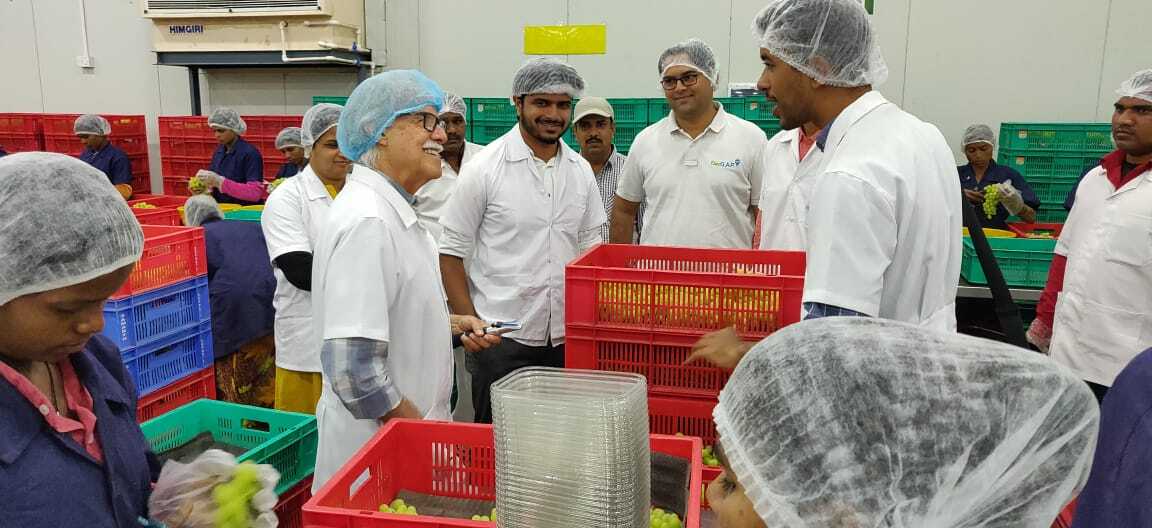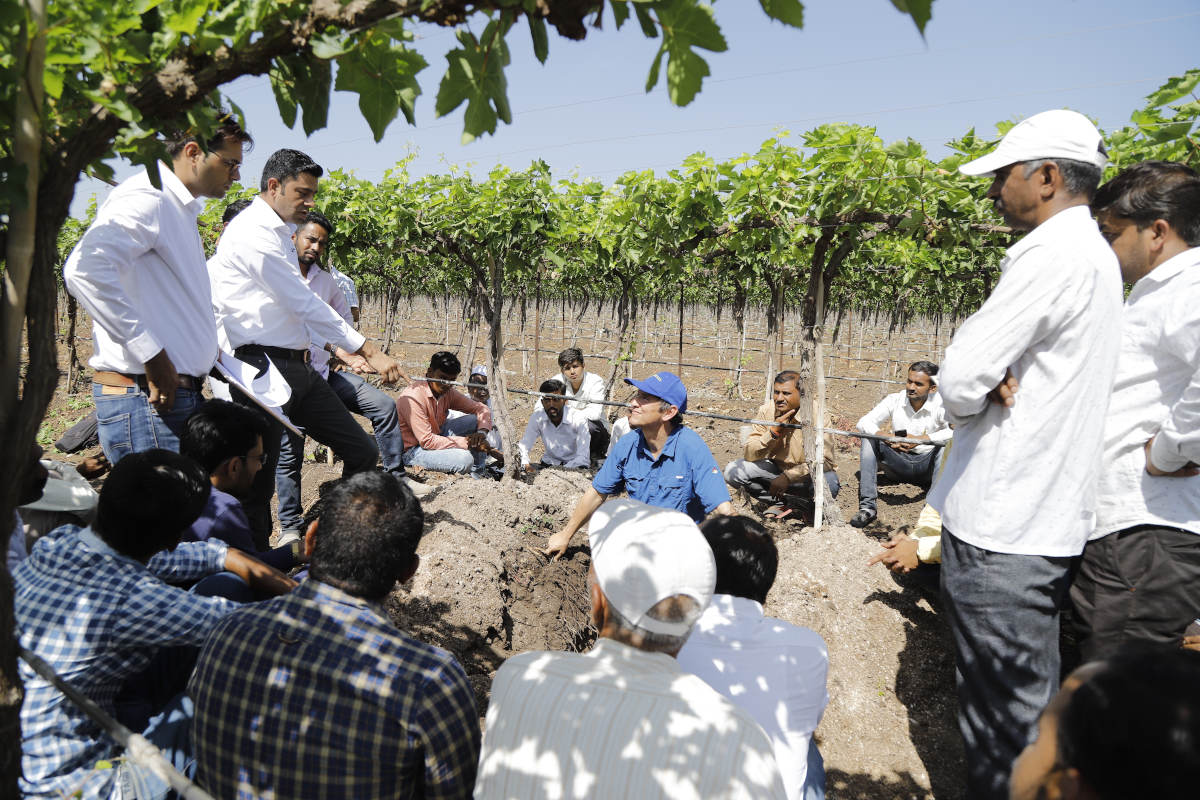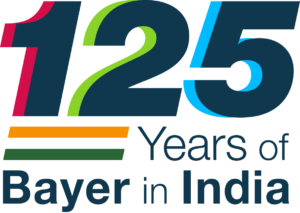This article has been published in partnership with Bayer
“Farming is a noble profession. But it is plagued by the stereotype that farmers are poor and struggle to survive. This is true to a certain extent, but that can be changed with the correct guidance and opportunities. I was one of the lucky farmers to witness that transformation,” says 39-year-old farmer Sunil Pingale.
A father of two, he proudly confesses that taking the advice of experts is what made him financially strong enough to enrol his children into an English medium school. (He hopes one day they specialise in agriculture studies and give back to the farming community.)
A grape farmer from Nashik, Pingale today grows close to 100 tonnes of export-quality grapes on 12 acres of land every year. But this wasn’t the case almost a decade ago when he started farming.
“I started farming back in 2010 on six acres of land. Like any other farmer, I struggled with climate conditions or pests, and barely got any good yields. Besides, even the crop I did manage to grow was of low quality. That further affected the returns from sales,” shares Pingale.
After two years of trying to stay afloat while supporting a family of 10, things finally changed for Pingale when he got some advice from Bayer and Jay Agro Exports.
Run by Nandakumar Ahire, Jay Agro Exports began collaborating with Bayer, a global life sciences company engaged in the field of agriculture and pharmaceuticals since 2011. The goal is to empower farmers through sustainable agriculture techniques that not only double their income but also encourage traceability in the food supply chain through a unique ‘Food Chain Partnership’ model.
“One of the challenges that farmers tend to face when cultivating produce for export is to check for quality. Bayer educates and helps these farmers adhere to export standards of food quality by providing customised solutions and guidance throughout the production process. Being a global company, they have opened up an international market for our farmers here, thus transforming their lives for the better,” says Ahire.
Pingale is one of the 150 farmers working with Ahire’s company with the guidance and support of Bayer.
The Food Chain Partnership Model

Value chains are ever-evolving based on the requirements of the consumers. Today many of them, conscientious about the environmental impact, want to know where their food comes from, how it is grown and the cultivation process.
Farmers need to realign their production process to cater to such demands, and this is where the Food Chain Partnership by Bayer comes into play.
Their innovative platform promotes partnerships among the stakeholders in the food value chain, and addresses roadblocks throughout the journey. It brings together farmers, food processors, retailers, traders, exporters and others to achieve sustainability, quality and transparency in food value chains.
“Our role is to understand the requirements of consumers, which are often specified by intermediaries (retailers, processors, exporters) on their behalf, and then translate them to the farmers with customised implementation plans. These plans include standards of compliance as well as sustainability and traceability solutions that enable farmers to incorporate those requirements successfully,” says Pankaj Sharma, Head of Food Chain Partnership at Bayer in India.

Bayer understands the market requirements and works on customised solutions for farmers to meet those requirements. This includes standardisation of plant protection programs with application windows to meet MRL compliance, BayGAP service program to train farmers on good agricultural practices and assist them with achieving the desired certifications required for export. The designed program implementation is supported with expert guidance and handholding through the production process.
This model is based on a 5-P process that focuses on production, plant protection, program monitoring, passport and post-harvest management.
Their work in helping grape farmers in Nashik export their produce to European countries is the perfect example of the impact that this model has created.
“Years ago, I used to produce a maximum of three tonnes (of exportable grapes) per acre, but now that has increased to eight tonnes per acre. Bayer has helped us improve the quality of our produce manyfold. Today, the grapes I grow are completely residue-compliant and of export quality, fetching almost Rs. 80 per kg,” says Pingale.
Pingale is one among the many farmers that Bayer, under its Food Chain Partnership model, has impacted in India over the last 14 years.
Bayer has helped over 90,000 farmers in India reap profits across 1,20,000 hectares of land, growing varieties of rice, grapes, potatoes, hot peppers (Red Chili) among other foods and vegetables.
“I remember toiling in the fields barefoot, using my hands to spread the insecticides and pesticides. I could never dream of affording any technology. But those days are gone. Today, I own a tractor and a car and have been able to give a better lifestyle for my family,” Pingale says in closing, hitting home the real change this platform has had.

No comments:
Post a Comment